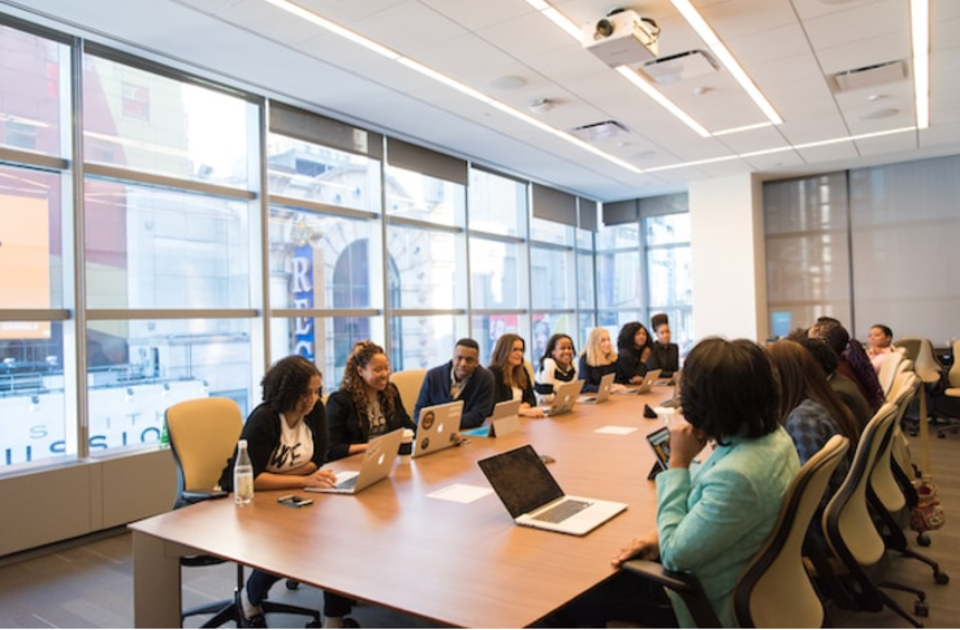
GLIDE Church hosted San Francisco’s African-American Reparations Committee’s listening session on March 26, Sunday.
The committee collaborated with partner organizations and organized the session to gather further input from Black residents of San Francisco regarding the contents of the upcoming reparations plans.
During the session, attendees shared their ideas and recommendations for what should be incorporated into the final plan, which is expected to be completed by June of this year.
“Repair” in Reparations
According to the NBC Bay Area, during the session, the discussions around possible reparations went beyond just providing financial compensation.
Instead, it focused on finding long-term, systematic solutions to address the impacts of historical oppression.
The minister of celebration at Glide Memorial Church, Reverend Marvin White, emphasized that the focus should be on repairing the damage caused by generations of systemic discrimination, rather than solely on financial compensation.
Paula Farmer from Glide's Racial Justice group added that reparations could take many forms, including investments in education and healthcare, to help sustain and empower the community.
Call for Transformative Change
Concerning recommending other forms of reparations apart from financial compensation, Mo McNealy, a San Francisco artist, believes that establishing a school for Black children is one of the steps the city can take to address its history of segregation and white supremacy policies.
McNealy stated that reparations are crucial to achieving transformative change and a better future for everyone.
For her, reparations are not only about making up for slavery but also about fulfilling government promises and providing equal services to all citizens.
She noted that Black Americans were excluded from economic programs such as The Homestead Act, The G.I. Bill, The New Deal, and Federal Housing Association mortgages.
The Advisory Committee has already received over 110 recommendations for the reparations plan through public input online and listening sessions like the one held on Sunday.
They will carry on with their efforts to finalize the reparations plan, which they will then present to the city's leaders in June.
Payments of $5M
The listening session on Sunday was in contrast to the March 14 meeting, which focused on the recommendation of $5M to every eligible Black adult.
According to CBS News, the list of over 100 recommendations includes a payment of $5 million per person.
It also has other options like grants to help buy and maintain homes and tax exemptions for Black-owned businesses.
It is not known how many of the approximately 50,000 Black residents in San Francisco would be considered eligible, as the recommendations outline various criteria that could be used to determine eligibility.
It includes residing in San Francisco during a specific period or having a family member who was incarcerated during the war on drugs.
The Board of Supervisors can choose to adopt some, all, or none of these recommendations, and they also have the ability to modify them.
Some board members have raised concerns about the potential impact on the city budget, which is already facing a shortfall.
The San Francisco Reparations Advisory Committee is part of a statewide effort to research and develop proposals for reparations for Black Californians with a specific focus on those who are descendants of enslaved people.
More from Crossmap:
GLIDE Church’s Minister of Celebration to serve as respondent for 'Souls A’Fire'





